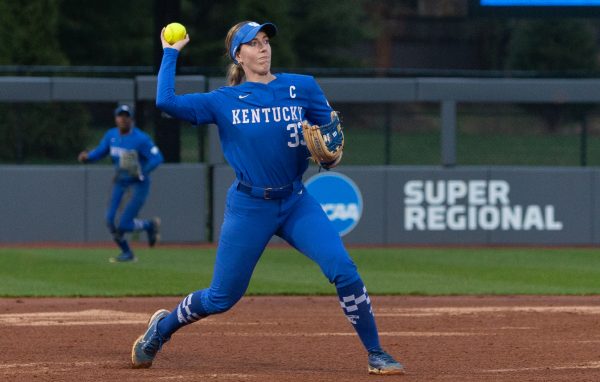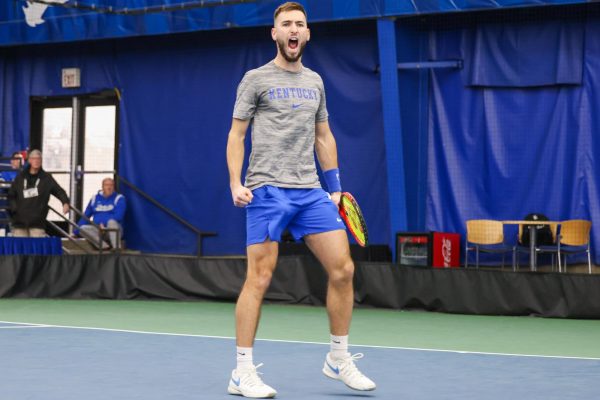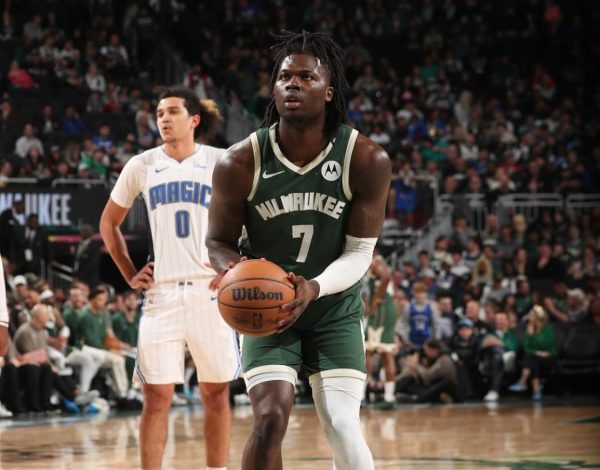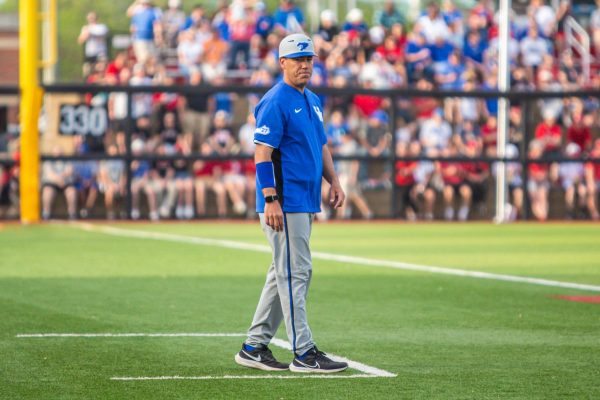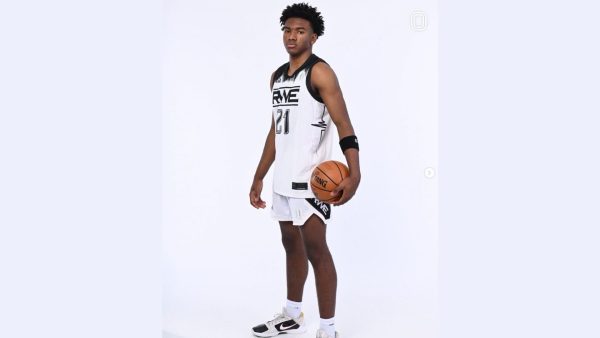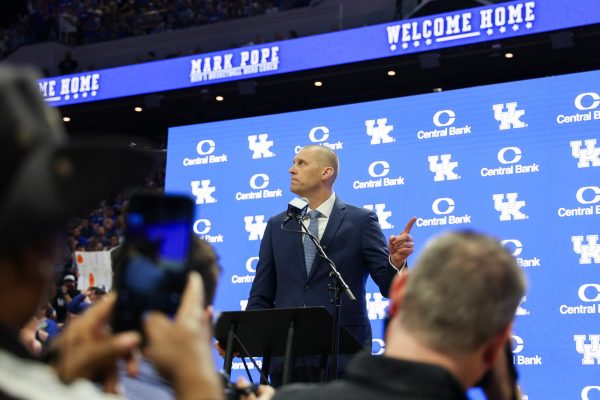Former New York Times reporter speaking on gun control: Asks audience to come with open minds
March 27, 2013
By Kayla Pickrell| @KyKernel
Former New York Times reporter Craig Whitney is visiting UK on Thursday to discuss his approach on guns and legislation.
“It’s a vastly complicated subject,” Whitney said. “Gun control alone won’t solve all the problems.”
After serving in the Navy, Whitney returned to The New York Times to report in Saigon, Vietnam, and Europe as a war correspondent during the Cold War.
Whitney does not own a gun but carried one while in the Navy.
“The right to have firearms was always connected to serving in the militia,” he said.
Whitney will be focusing on the Newtown massacre and recent legislation regarding gun control, especially universal background checks and a new federal law that would give gun trafficking a higher penalty.
If the law goes into effect, straw purchasing, or buying and selling guns to those who cannot legally do it themselves, will be punishable by up to 15 years in prison, Whitney said. Whitney hopes the discussion will spark an intelligent conversation between gun enthusiasts and those who support stronger gun control laws.
“We should be able to agree on some measures to make it safer,” he said.
Whitney said anything that can make it safer for people to own guns will be a benefit to everyone, even those who do not own guns.
“I’m not a strong supporter of gun control,” he said. “It’s an individual right, and it has never been inconsistent with common sense regulations.”
There are two things to learn from recent mass murders, according to Whitney. Whitney said in the recent cases, the person carrying the guns was mentally disturbed.
“They should improve the diagnosis and identify those in potential danger in time to put them on the FBI’s list” that says who cannot purchase guns, he said.
Whitney also said that most of the shooters had high-capacity magazines. He said limiting the number of rounds could help, but “even that is very difficult and impractical to enforce.”
“These are gestures that could, in a small way, try to give headway for mass shootings being less likely to occur,” Whitney said.
Whitney said he enjoys every discussion he partakes in because he learns something new every time. He said that everyone should come to the discussion with an idea of what they think on guns because a clear idea will make a better discussion.
“There’s a lot we can learn from history, and we have a unique situation in the United States,” Whitney said. “Come with an open mind.”












































































































































